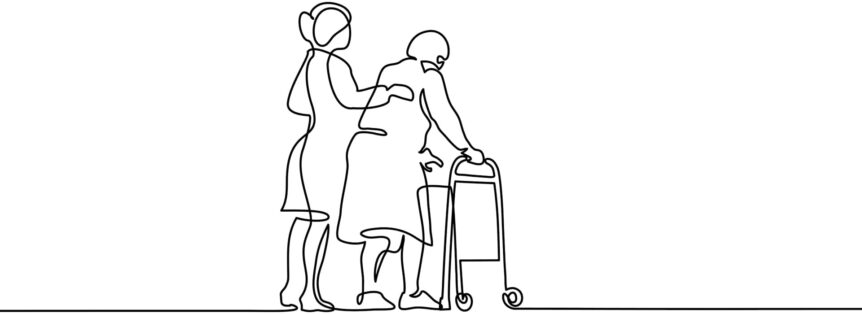Guardianships and power of attorney are both legal arrangements that allow a third party to make decisions on behalf of someone else. However, these two legal arrangements are different in their purpose, scope, and legal requirements. It is important to understand the difference between the two in order to make the right decision about what arrangement will be most beneficial.
A guardianship is a court-appointed legal arrangement in which a person (the guardian) is given the authority and responsibility to make decisions for a disabled individual or someone who unable to take care of themselves on their own. This typically involved a minor child or someone who suffers from a mental disability. The guardian is responsible for managing the person’s affairs, making decisions about their personal needs, medical care, and financial matters.
In order to become guardian, the person must file a petition with the court providing evidence and documentation that the individual can’t take care of themselves and is incapacitated in some way. Once appointed, the guardian has many broad decision making powers over the ward. However, a guardian must submit regular reports to the court and obtain court approval prior to making any significant decisions for the individual.
A guardianship remains in effect until the ward is capable of managing their own affairs or until death. In order to properly terminate a guardianship, a petition must be filed through the court notifying them of the ward’s death or of their capacity.
On the other hand, power of attorney is a legal document in which a person, also known as the principal, appoints someone else, called the agent or attorney-in-fact, to act on their behalf in certain legal or financial matters. The principal can give the agent the power to make decisions about their finances, property, medical care, and personal affairs. This is different than a guardianship as the agent’s powers are much more limited in time and scope and do not require the principal to be incapacitated in any way.
Additionally, unlike guardianships, power of attorney arrangements can be established without court involvement. However, the documents must be prepared in accordance with specific legal guidelines. The document must be signed and witnessed, and the principal must have the capacity to understand the document’s implications when they sign it.
A power of attorney can be also be terminated without court involvement, by the principal at any time they choose, by revoking the power of attorney document. The authority of the agent can also be terminated if the principal becomes incapacitated or dies.
Guardianships and power of attorney arrangements both serve different purposes and have different legal requirements, so it is important to understand these differences before choosing the arrangement that fits your situation best. An experienced estates attorney can help with the decision making process and ensure that you are following all legal guidelines and standards.

